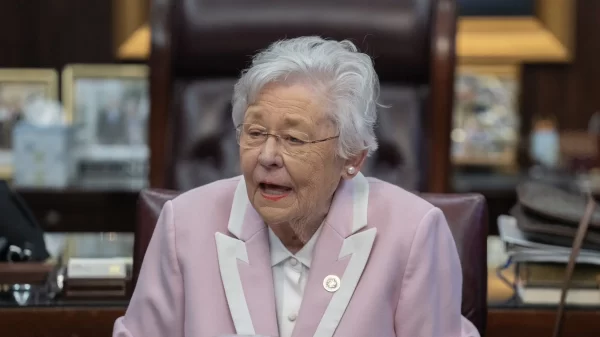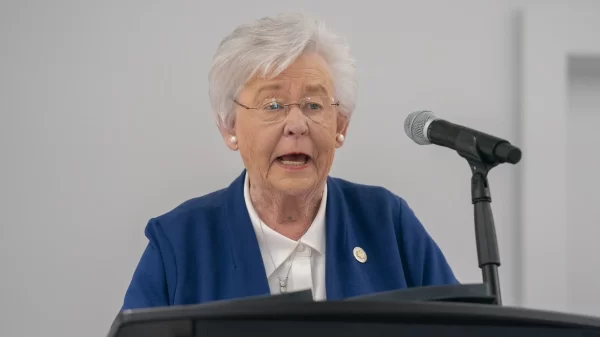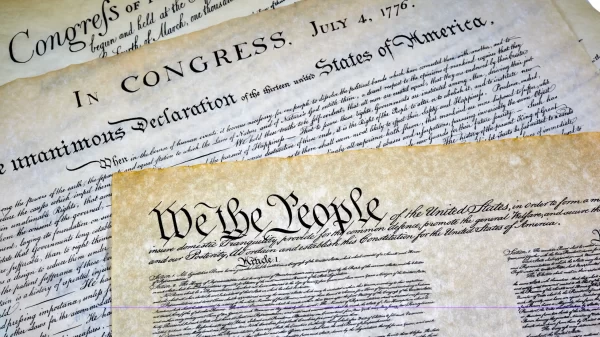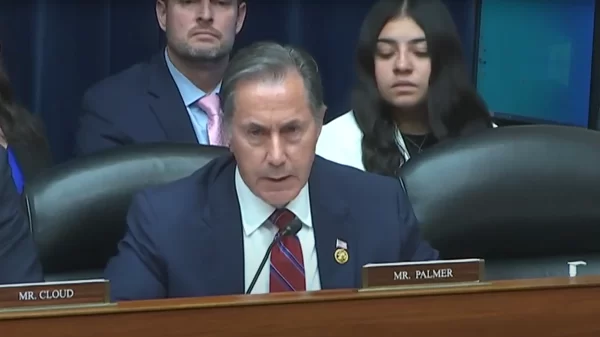|
Getting your Trinity Audio player ready...
|
The Alabama Medical Cannabis Commission is starting over – again – and this time plans to award licenses without considering scores from its flawed application review process. The AMCC voted Monday to toss out the scores – ratifying an agreement reached by the Commission’s attorneys and attorneys representing several companies that sued the AMCC over its integrated licensing process.
That process has been stalled since June, when the first lawsuits brought about a restraining order and the legal arguing began in earnest. The agreement to toss out the scores – one of the most often cited issues the companies had with the licensing process – is the clearest sign yet from the Commission that its process was fundamentally flawed from the start.
Now, though, the AMCC must figure out how to move forward with its licensing process without a key component that it had previously leaned on. In fact, it had leaned on those scores so heavily that the commissioners had essentially shirked their duties under the medical cannabis law and had let the scores dictate their decisions almost exclusively.
Moving forward that can’t happen. If it does, the AMCC will find itself right back in the same spot – fighting an unwinnable battle in a Montgomery courtroom. And the people who need this drug to alleviate pain and other medical conditions will suffer needlessly even longer.
The crazy thing about all of this is that the law crafted by the Alabama Legislature, which allows licenses for medical cannabis production and distribution in the state, isn’t all that complicated or hard to follow.
The law creates a process that is time consuming for commissioners to follow. It creates a process that is sometimes needlessly dense. And it creates a process that sometimes makes little sense. But none of it is complicated.
It’s hard to understand how it is that some of the mistakes were made previously, especially the repeated mistakes. Things like failing numerous times to award certain companies minority status or missing residency issues or failing to maintain consistency when scoring companies on similar aspects.
Those are things that get you sued, and those are things that a court will feel compelled to look into. It doesn’t matter if there’s an agreement in place now. If you fail again to grant minority status to applicants that are controlled by minority owners, you will get sued again. And you will lose again.
The Commission has to do certain things, according to the law. First and foremost, the AMCC has to send someone – anyone – to these sites to verify that the applicants can begin production within 60 days. That is clearly required by the law, and it’s hard to understand how the commissioners felt they could simply ignore that requirement until after awarding the licenses.
On page 52 of the law, it states that the Commission must establish an on-site inspection process prior to the issuing of a license. The commissioners apparently decided that meant they could award the license and then inspect the sites prior to actually handing over the physical license.
That’s insanity.
What if you get to these places and it’s clear they can’t meet the 60-day deadline for production? Because that’s also part of the law, you know? These places have to be ready to roll in 60 days. If they’re not, are you going to start over? Move to the next best applicant?
Also, the law requires that AMCC ensure that the licensees are financially sound (can maintain operations for at least two years and have at least $250,000 in liquid assets) and have purchased a $2 million performance bond from an approved insurance agency. It also requires that the AMCC do at least some research into the applicants’ backgrounds to assure their integrity and moral character and that they haven’t been served with lawsuits or been accused of shady business practices.
It was fairly apparent that the AMCC didn’t do any of that last time around, since APR’s reporting revealed troubling issues with at least two companies that scored highly. In both cases, the issues uncovered were found by pretty basic internet searches.
That’s an inexcusable failure by the Commission. And again, it’s one that could lead to additional legal action in the future.
Finally, the AMCC must do something to ensure that licenses cannot be transferred easily. The law obviously states that any transfers must be approved by the Commission, but some applicants appear confident that they’ve found a loophole. Within minutes of licenses being awarded in June, a source at an applicant company told APR, at least one company to receive a license was already shopping it to potential buyers.
The AMCC can’t make its own laws, but it can be creative in the manner in which it enforces the laws on the books. The laws also give commissioners rather broad discretion in determining which companies get licenses. Use it.
Do these things. Follow the laws. And get this medicine into the hands of the people who desperately need it.
















































